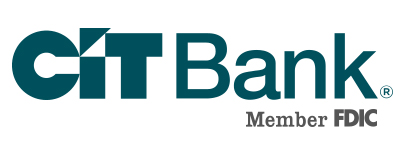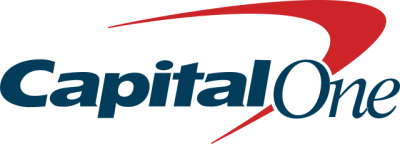Pros:
- Low opening required amounts
- Competitive interest rates on accounts
- No monthly maintenance fees
- Can open accounts entirely online
Cons:
- Limited account options
- Must link an external bank account
- No checks or debit cards available
- Early withdrawal fee on CDs is high
Pros:
- Options of personal deposit accounts
- Low required opening amounts
- Business accounts available
- Variety of other products offered
Cons:
- Checking accounts have a monthly fee
- Low-interest rates on accounts
- Amount required to waive fees is high
- Tiered interest rates
The required amounts to open Comenity Direct accounts are low. The Comenity Direct savings account requires $100 to open. Each of the CDs offered through Comenity Direct require $1,500 to open.
The interest rates for Comenity Direct accounts are competitive. Their rates are much higher than typical bank rates. They are competitive with other online accounts. To earn interest on CDs, you must keep $1,500 in the CD. The high-yield savings account only requires $1.00 to earn interest.
Comenity Direct accounts do not have monthly maintenance fees. There are not set account balances required to avoid the monthly fees. Their accounts are free. The CDs have a fee if you withdraw the money before the maturity date, but no monthly fee.
All Comenity Direct accounts can be opened online. You do not need to visit a branch location or mail in part of the application. The entire account opening process is online. You must be at least 18 years old and have a social security number. You must be a resident of the United States with an address. You cannot open an account with a P.O. Box.
Comenity Direct offers limited accounts. They offer a high-yield savings account and CDs. The CD terms range from one to five-years. There are no CD terms shorter than one year. Comenity Direct does not offer checking or money market accounts.
Comenity Direct accounts require a linked external account. You can link an account with your current bank. Once you link the two accounts, you can transfer money electronically. You can also have money directly deposited into your Comenity Direct account.
The Comenity Direct high-yield savings account does not offer checks or debit cards. Federal law allows for six withdrawals each billing statement from a savings account. Make withdrawals through electronic transfers into the linked external bank account.
Comenity Direct offers CD terms from one to five-years. The early withdrawal fees for these CDs are high compared to other online CDs. For terms from 12-months to three-years, the fee is 180 days of interest. For terms four-years or longer, the fee is 365 days of interest.
Each type of personal deposit account has more than one option. There are four different checking accounts and three different savings accounts offered. This allows you to find the account to fit your needs best. There are only three different term lengths of CDs offered. A six-month, one-year, and two-year terms.
The HSBC savings accounts all require only $1 to open. The checking account does not have an amount required when you open the account. The HSBC CDs require $1,000 to open.
There are a wide variety of different business accounts offered through HSBC. Savings accounts, checking accounts, and CDs are all available through HSBC. There are loans and credit cards for businesses. There are options for corporate accounts. Different cash management options are also available.
Along with business accounts, HSBC offers a wide variety of other products. That includes credit cards and insurance. They offer options for investing and retiring. There are also different loan options to meet your needs.
HSBC checking accounts have a monthly fee. The fees range from $3 to $50 each month. Most of the fees can be waived by meeting certain requirements. One checking account only allows eight checks or withdrawal slips to be written. After those eight you are charged for each check you write.
Interest rates on HSBC accounts are not competitive. They are much lower than other online-only accounts. Their rates are competitive with other brick and mortar banks.
The amounts required to keep in HSBC checking accounts to waive the fees are high. The amounts range from $1,500 to $100,000, depending on which account you open. Some accounts allow the fee to be waived if you have a direct deposit into the account of certain amounts. Know the fees and requirements to waive the fees before you open an account.
To receive the highest interest rates offered on HSBC accounts you must have a large balance. The savings accounts require $100,000 to earn the best rates offered. Lower amount still earn interest, just a lower rate.


